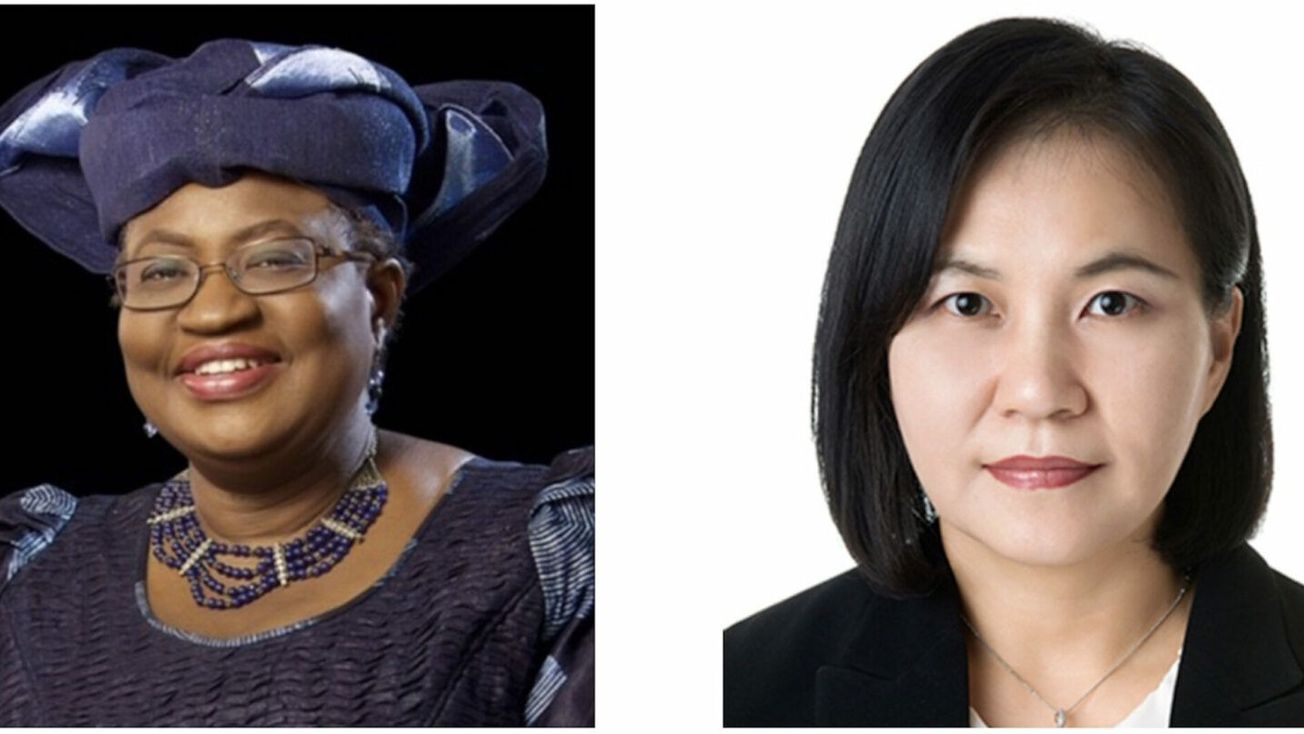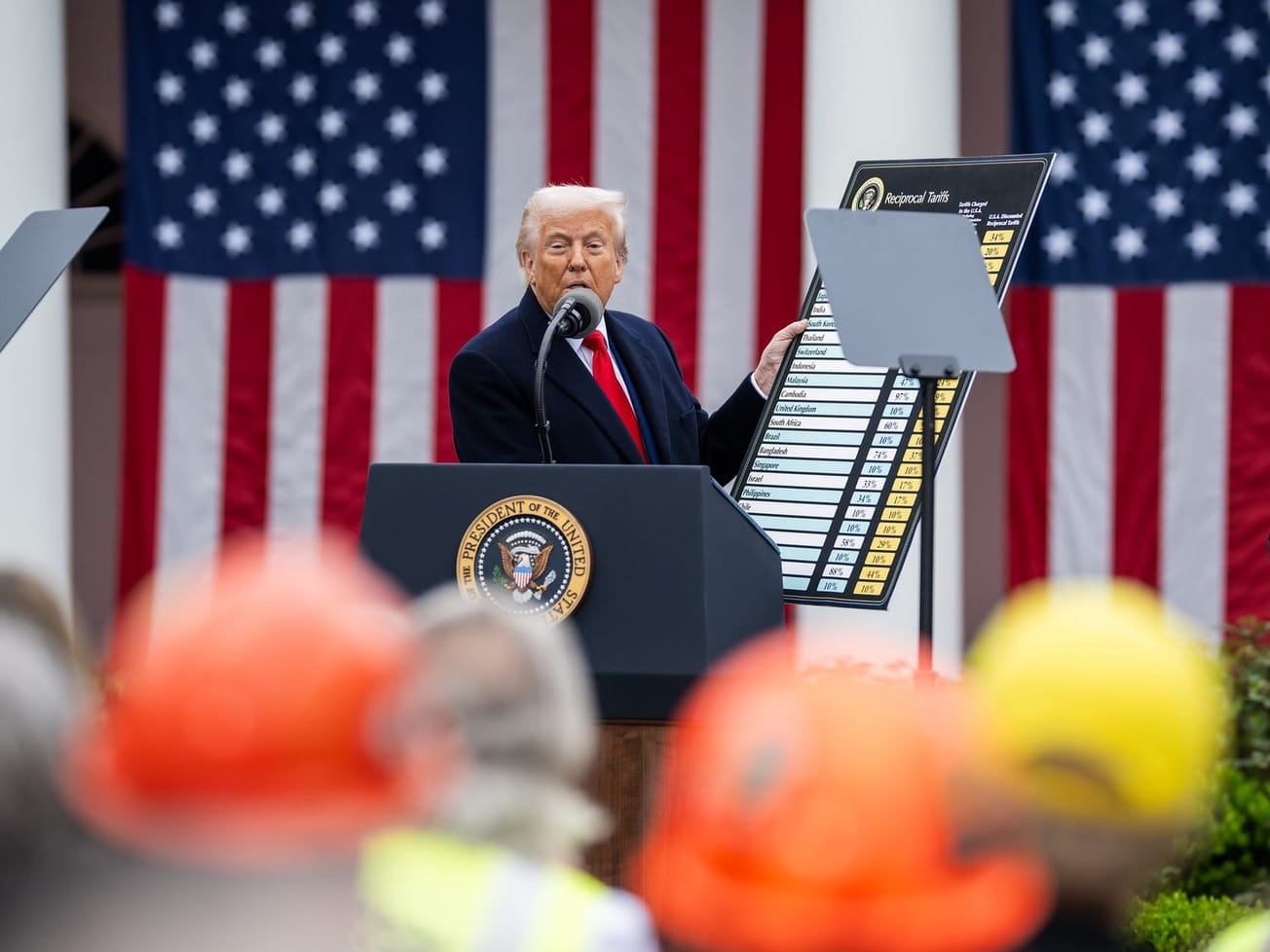GENEVA (AN) — The final phase in a high-stakes race for World Trade Organization director-general began on Monday with delegates from 164 nations weighing two highly qualified candidates from Nigeria and South Korea for the top post.
One will become the first woman to lead WTO. Both have a history of shattering glass ceilings.









